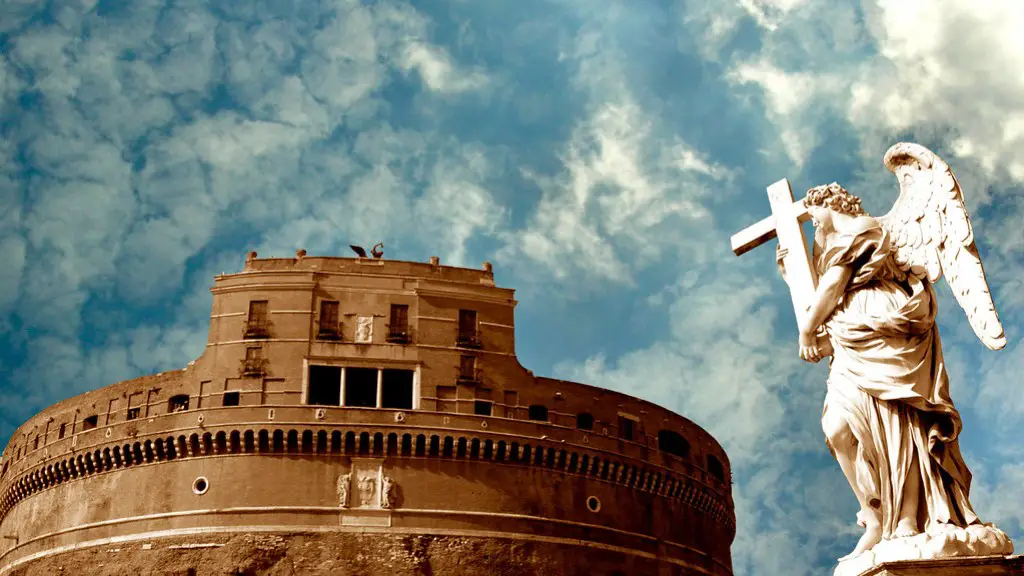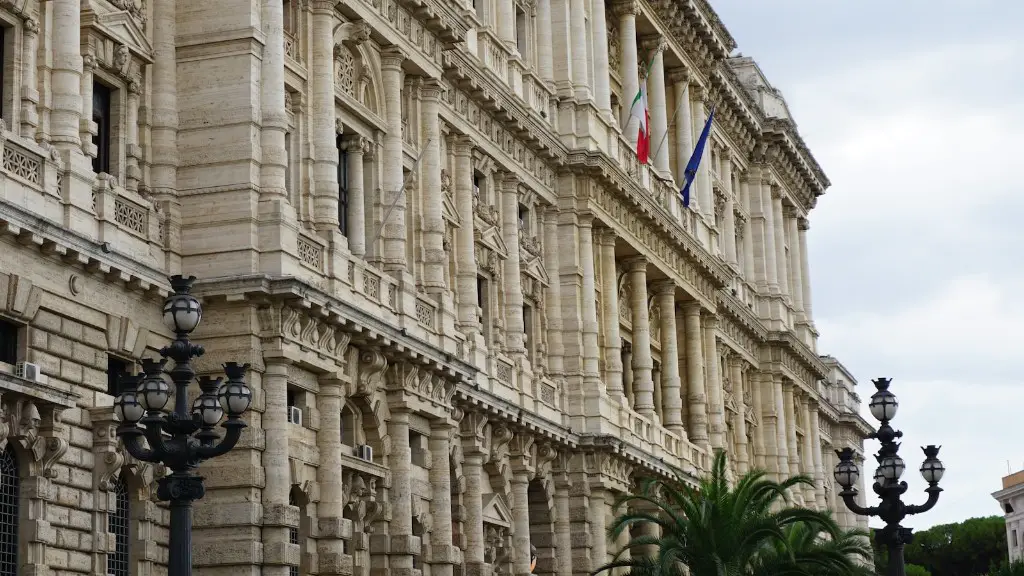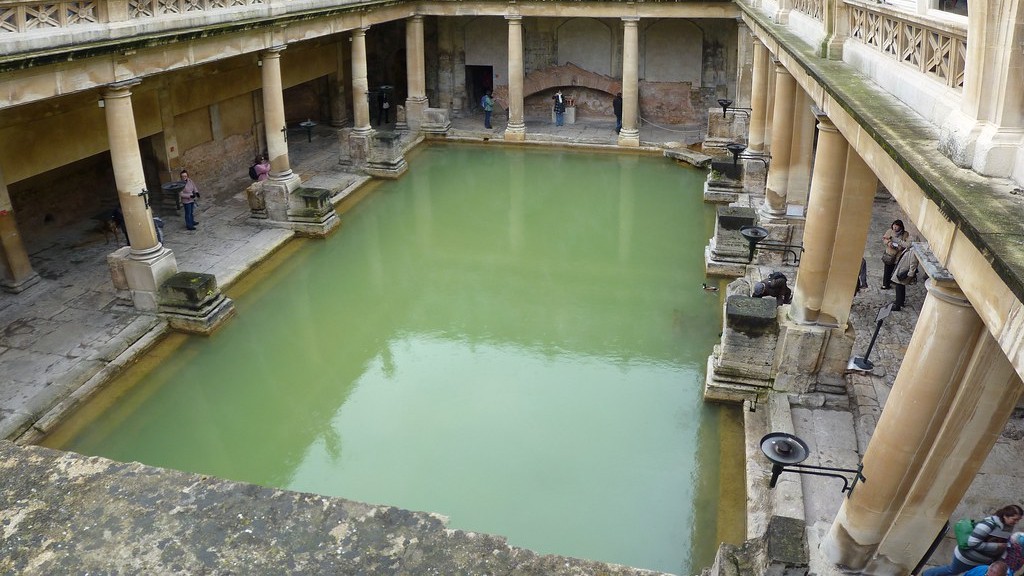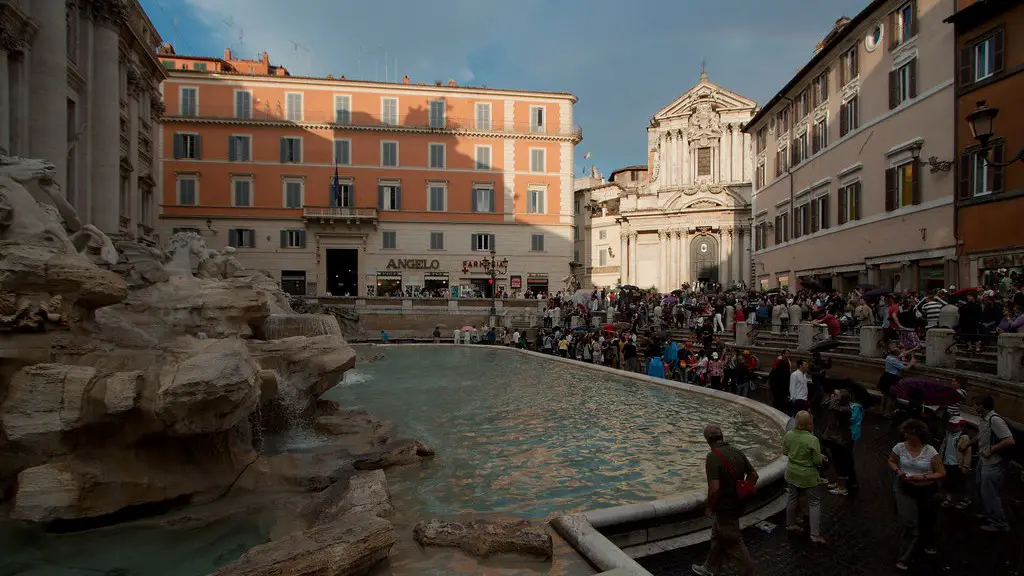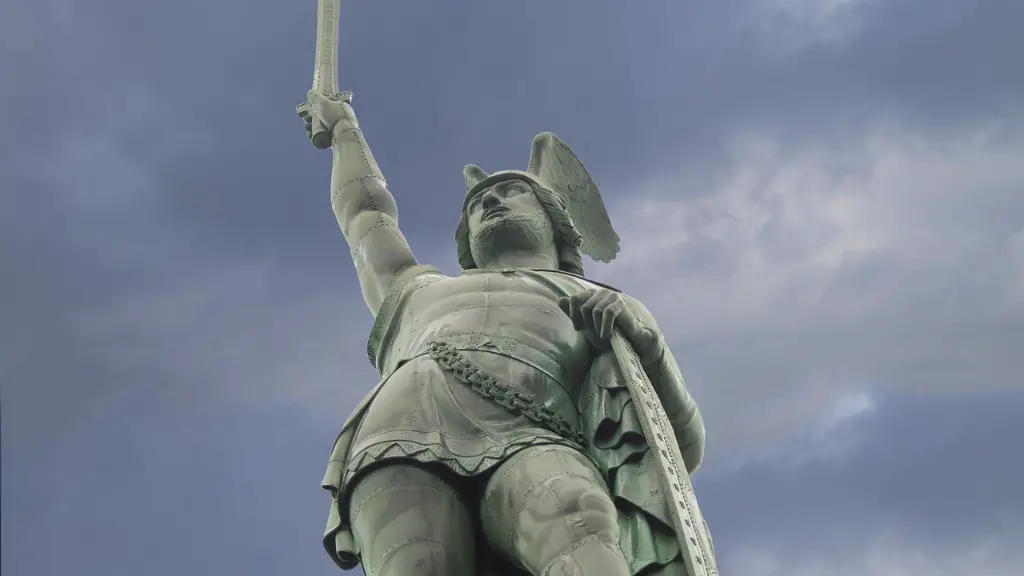In the early days of the Roman Republic, a vital distinction was made between its two classes: the Patricians and the Plebeians. The Patricians were the ruling class, while the Plebeians were a broad social group (not an ethnic group) consisting of various lower-class people such as farmers, craftsmen, laborers, merchants and tradespeople. Today, the word “plebeian” is used to refer to a member of the common people, who are typically underprivileged and lacking in education or status. This article will explore who exactly the Plebeians of ancient Rome were, how their society was organized, the roles they played within the Roman Republic and their lived experiences.
The Plebeians had immense importance for the Roman Republic, as it was their work, their taxes and their military service that kept the state functioning. They had various kinds of work, including working in the fields, tending to livestock and fishing. While the Plebeians were not allowed to own land, they were allowed to lease it, allowing them to make a living as farmers. Some were also craftsmen, producing goods such as pottery, metalwork and leather goods.
Tradespeople were also highly valued, as they provided vital services to the Roman people such as banking, finance and entertainment. The Plebeians were also heavily involved in the military, and many fought in wars for Rome. In return for their service, they often received job benefits, such as access to public land and the luxury of not paying taxes. These privileges allowed them to accumulate wealth, even if it was much less than that of their Patrician counterparts.
The Plebeians had very little in terms of political power and were largely excluded from political life. It was only in 494 BC that they were granted representation in the Roman Assembly, allowing them a limited voice in local government. This was a landmark event in Roman history, as it allowed the Plebeians to gain more influence in the city-state.
Despite their lack of political power, the Plebeians still had an important role to play in Roman society. They were heavily involved in religious rituals and festivals, and they had a lively culture, with various kinds of theatre, music and dance. Many Plebeian families were close-knit, with strong ties between family members. They also had a complex system of patronage, where wealthier Plebeians could offer financial or other kinds of assistance to less fortunate individuals.
The Plebeians, however, suffered from neglect from the Roman government. They were often victims of exploitation and injustice at the hands of their Patrician rulers. This led to a number of protests and ultimately the secession of the Plebeians in 471 BC, which marked a major breakthrough in the struggle for the rights of the common people. After reaching an agreement with the Patricians, the Plebeians were granted greater rights, including the right to divorce and hold public office.
In conclusion, the Plebeians of ancient Rome were a vital part of the Roman Republic. Despite lacking in political power, they played an important role in Roman society, contributing to its culture and economic life in numerous ways. The Plebeians were often neglected and mistreated by their rulers, but they ultimately gained more respect and rights through their struggle.
The Development of Plebeian Society
The Plebeians of ancient Rome developed a distinct social system, complete with its own values and traditions. These traditions included ancestor worship and the festival of the Consualia, which celebrated the ancient deity Consus who was believed to bring good luck to the Plebeian people. The Plebeians also held a great deal of faith in their religious leaders, who provided both spiritual and social guidance.
The Plebeians developed their own laws, which were quite different from those of the Patricians. These laws focused primarily on protecting the rights and interests of the Plebeian people. They also had a complex system of communal ownership, which enabled them to share in the profits of common activities such as fishing and farming.
The Plebeians were organized into various guilds and social clubs, which provided a sense of solidarity and support. They also had a deep sense of loyalty to their families, which was expressed through a strong commitment to marriage and other family ties.
The Plebeian people developed a strong sense of love and loyalty for the city of Rome, which was considered their home. They had a deep reverence for their ancestors and were proud of their history and culture. The Plebeian people also had a strong sense of justice and a commitment to protecting their rights.
The Impact of the Plebeian Revolution
The Plebeian Revolution of 471 BC was a pivotal event in Roman history, as it marked the beginning of the end of the Patrician’s rule over Rome. This uprising began as a struggle for the Plebeians’ rights, but it soon expanded to a fight for social and political reform.
The Plebeian Revolution was a major tip in the struggle for power in Rome, as it allowed the Plebeian people to gain much needed representation and rights. The revolution resulted in the creation of the first Roman code of law, the Twelve Tables, which offered protections to the Plebeian people, granting them the right to ownership and to make legal contracts.
The revolution also resulted in the establishment of the Consuls, who were elected leaders of the Republic. This was a significant step for the Plebeians, as it allowed them to have a say in the running of the Roman Republic. It also allowed them to have greater access to public offices, and to gain vocations in the military, which further increased their social status and power.
The Plebeian Revolution ultimately resulted in greater equality between the two classes of Rome. This equality allowed the Plebeian people to gain a sense of pride in their identity, and to become more involved in their city’s politics and social affairs.
Plebeian Everyday Life
The Plebeians of ancient Rome lived in simple homes, often located in tight-knit neighborhoods. Their days were spent working, either in the fields, as a craftsman or as a tradesperson. They also often took part in religious festivals and gatherings, which allowed them to feel connected to the larger Roman society.
In their leisure time, the Plebeians enjoyed numerous forms of entertainment, including theatre, dancing, gambling, singing and music. They also had a thriving oral culture, where stories and histories were passed down from generation to generation. This served as a valuable source of knowledge and entertainment in the days before writing was commonplace.
The Plebeian people also had a unique set of foods and delicacies, which were often prepared for special occasions or as part of rituals. Dishes such as garlic and anchovies, figs and olives were eaten regularly, while more luxurious items such as fish sauce and honey were reserved for special occasions.
The Plebeian people were also deeply religious, and involved in various forms of worship. They were particularly devoted to a number of Roman gods, such as Jupiter, Mars and Minerva, and they often participated in elaborate religious ceremonies.
The Decline of the Plebeians
The Plebeian people of ancient Rome eventually lost much of their status and influence in the city. This was, in part, due to the rise of the military and the increasing power of the wealthy Patricians. However, the Plebeians were also affected by the political instability of the late Republic, as the state struggled to maintain peace between the two classes.
The Plebeian people were also the victims of economic exploitation as taxes were increased and their rights were undermined. This led to a growing sense of discontent, which eventually led to their eventual decline.
By the time of the Roman Empire, the Plebeian people had largely been assimilated into Patrician society. They retained some of their religious customs, but their culture and traditions had mostly faded away. This led to a marked change in the social structure of Rome and the decline of the Plebeian people.
Nevertheless, the Plebeian people of ancient Rome played an immensely important role in the development of the Roman Republic. Their legacy lives on in the countless contributions they made to Roman society, from their intricate laws and religious customs, to their political and social struggle for equality.
Conclusion
The Plebeians of ancient Rome were a vital part of the Roman Republic. Though they had little in terms of political power, they made a significant contribution to the culture, economy and social life of Rome, and their legacy continues to this day. From their struggle to gain representation and rights in the Roman Republic to their religious customs and economic activities, the Plebeian people of ancient Rome played a crucial role in the development of the city.
